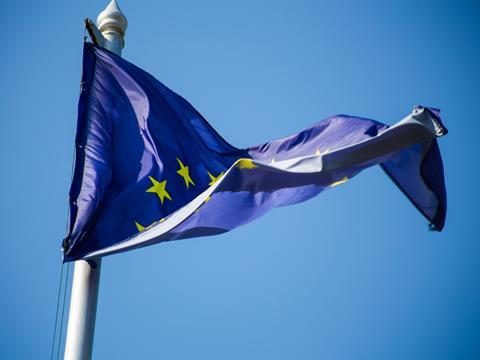
This content was originally sent to Packaging Europe members in The Bulletin – a weekly newsletter that includes articles like this, as well as lots more original content. To receive a brand-new edition of The Bulletin every week, plus an exclusive range of reports, briefings and events, click here to become a member.
A few weeks ago, UK DMO was revealed as the operator for deposit return schemes for plastic and metal beverage containers in England, Northern Ireland, and Scotland.
It’s a small step forward when our DRS has been postponed, yet again, to October 2027 – meanwhile, the Republic of Ireland has already surpassed the one billion mark in containers collected via DRS. Sweden has hit 2.8 billion, and the European continent averages an 87% return rate, according to Reloop.
Undoubtedly, mainland Europe is moving faster due to the immediacy of the Packaging and Packaging Waste Regulation; namely, its deadline to collect at least 90% of single-use plastic and metal beverage containers via DRS by 2029. The UK’s nearest equivalents are its Extended Producer Responsibility scheme and Plastic Packaging Tax, neither of which sets specific DRS rules.
Yet the most persistent roadblock is an ongoing dispute over the inclusion of glass bottles. The UK Government has not exempted its Scottish equivalent from the UK Internal Market Act, thereby facilitating the introduction of its DRS, unless glass is ruled out – a decision it attributes to potential trade barriers within the UK if its schemes are not harmonized.
Glass is a point of contention wherever you look. Not every existing DRS accepts it, and while some believe that the PPWR’s ambivalence on glass bottle collection will drive an increase in single-use – some producers insist that recycling rates are already sufficient and dividing the waste stream would compromise its circularity – existing glass collection systems report high return rates, from Estonia’s 87% to Finland’s 99%.
There are further arguments for and against reusing glass bottles, but my point is this: the bureaucracy we’re experiencing here in the UK is getting us nowhere. While our European friends hit milestones with their collection rates, we struggle to agree on the basics.
A patchwork of different schemes complicates cross-border trade and should absolutely be avoided, but as it stands, our DRS will be implemented a decade after it was initially proposed. For all the criticisms levied at the PPWR in its current form, the UK could learn a thing or two from its ambitious and collaborative effort to get things moving.



















No comments yet